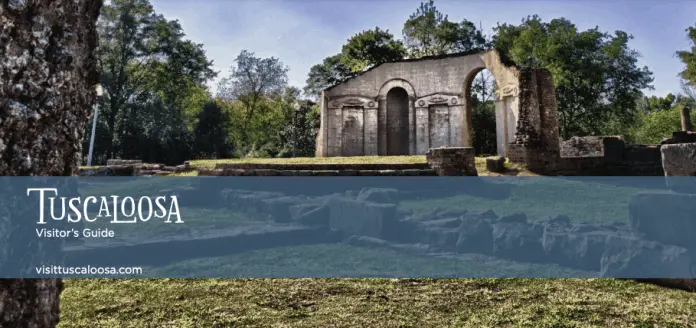Population & Demographics: Understanding Our Diverse Community
Tuscaloosa is part of a metropolitan statistical area (MSA) with a population exceeding 240,000 residents, bringing together a diverse blend of cultures, ages, and backgrounds. The city itself has a population of around 100,000, characterized by a significant mix of students, families, and working professionals due to the influence of the University of Alabama. The community’s demographic profile is diverse, with approximately 47% of residents identifying as Black or African American, 47% as White, and smaller percentages of Hispanic, Asian, and other ethnic groups, enriching the cultural fabric of the city.
Tuscaloosa celebrates its diversity through a variety of cultural events and international festivals, which attract visitors and locals alike, such as the Sakura Festival, which highlights Japanese culture. With a median household income near $45,000, residents of Tuscaloosa work in a range of industries, including education, healthcare, automotive manufacturing, and retail trade. The city also offers employment opportunities for professionals’ families in various sectors, particularly in healthcare, technology, and business.
Tuscaloosa’s multicultural atmosphere and economic opportunities create an attractive environment for individuals seeking both career growth and a vibrant community life.
